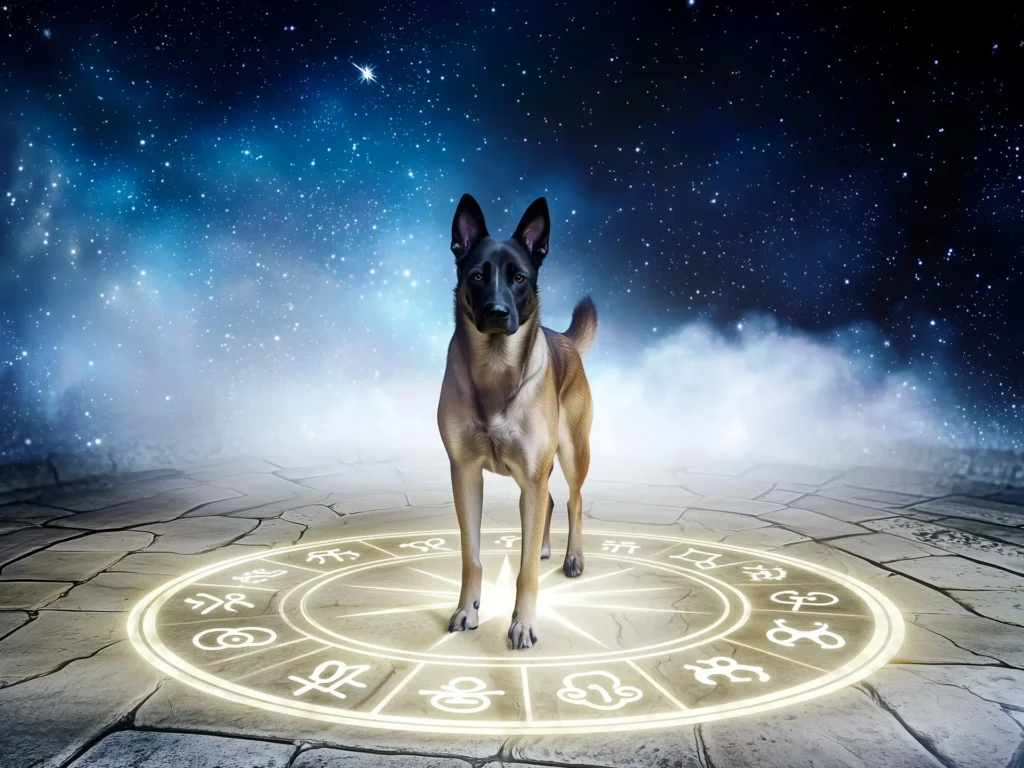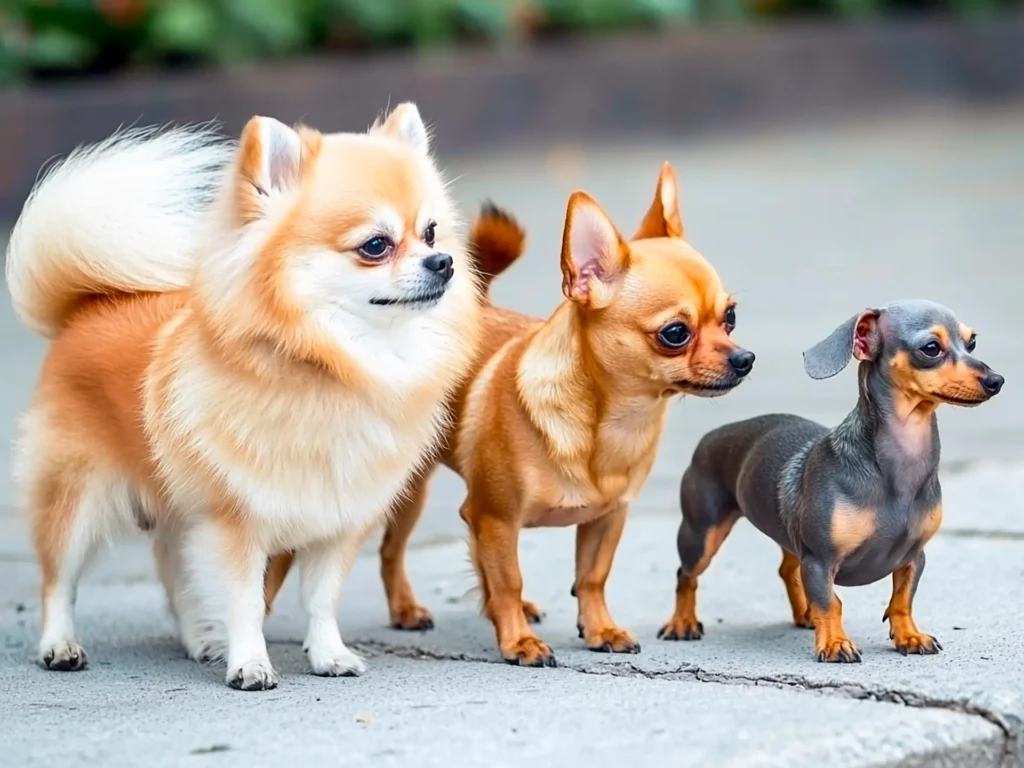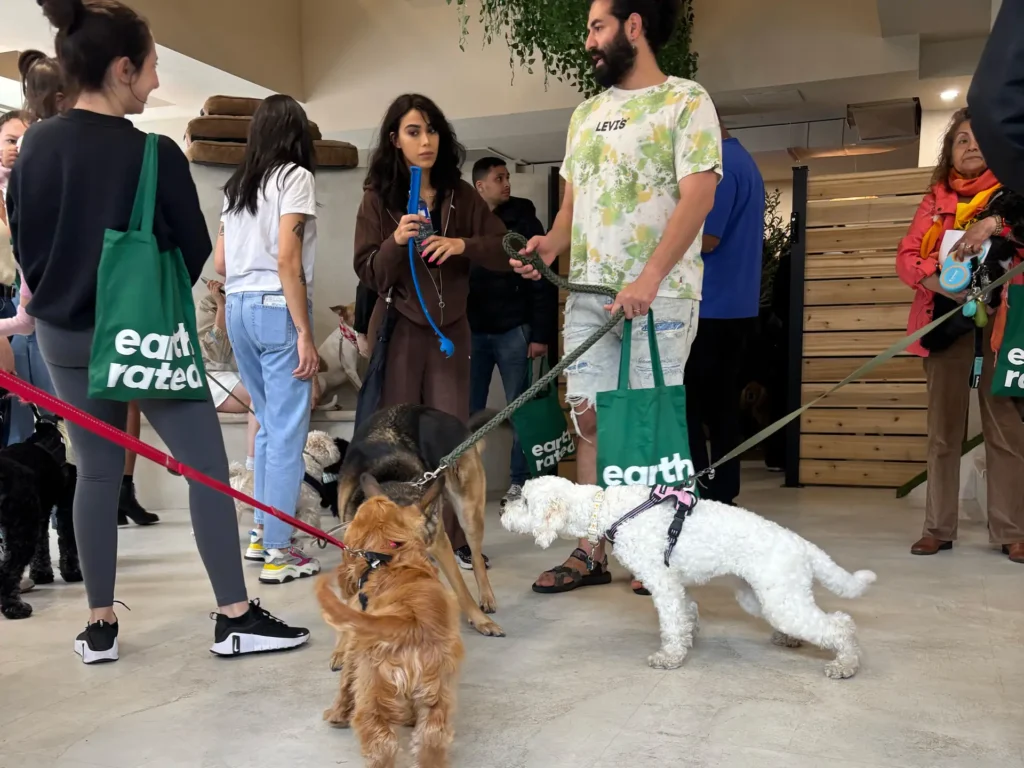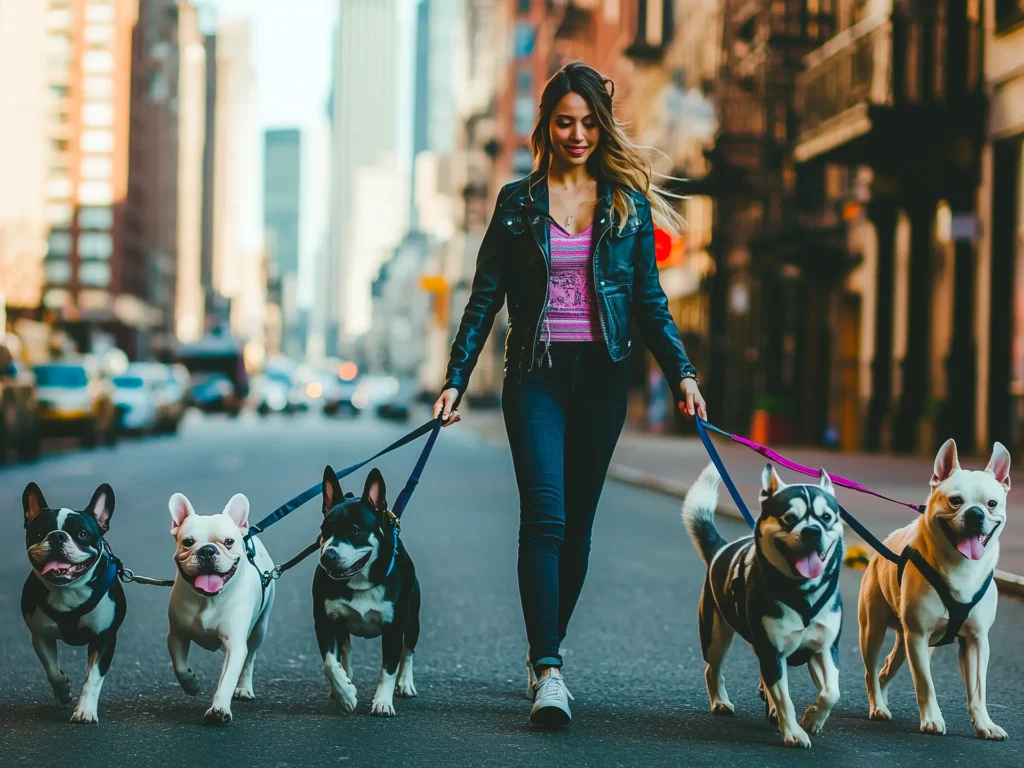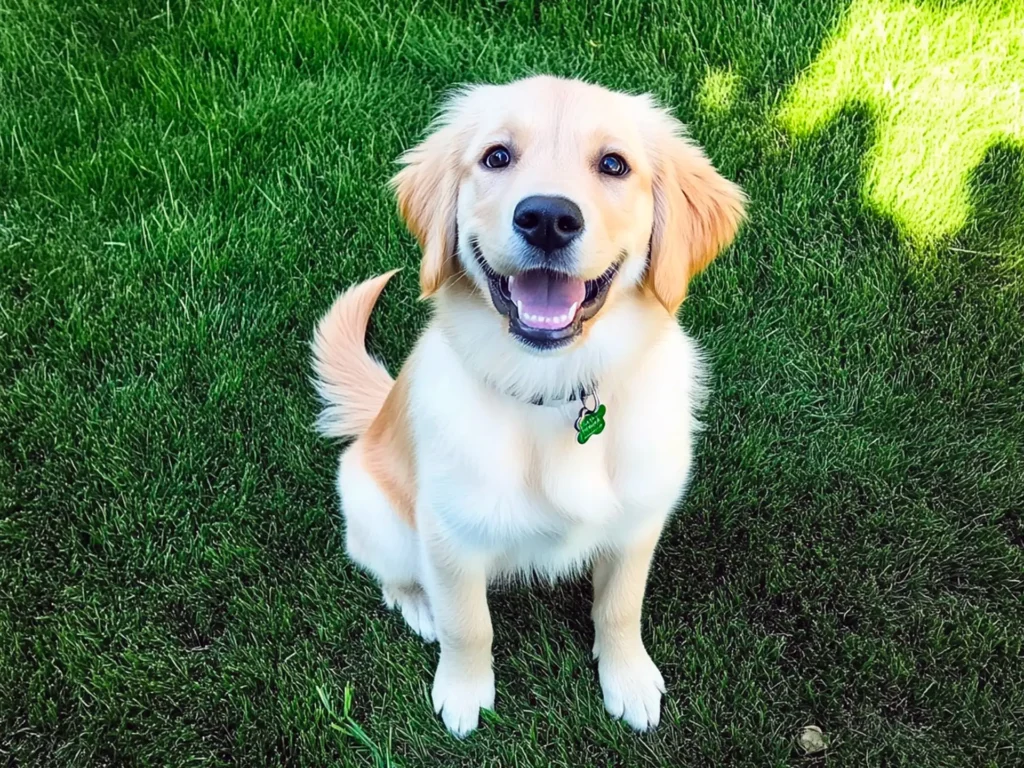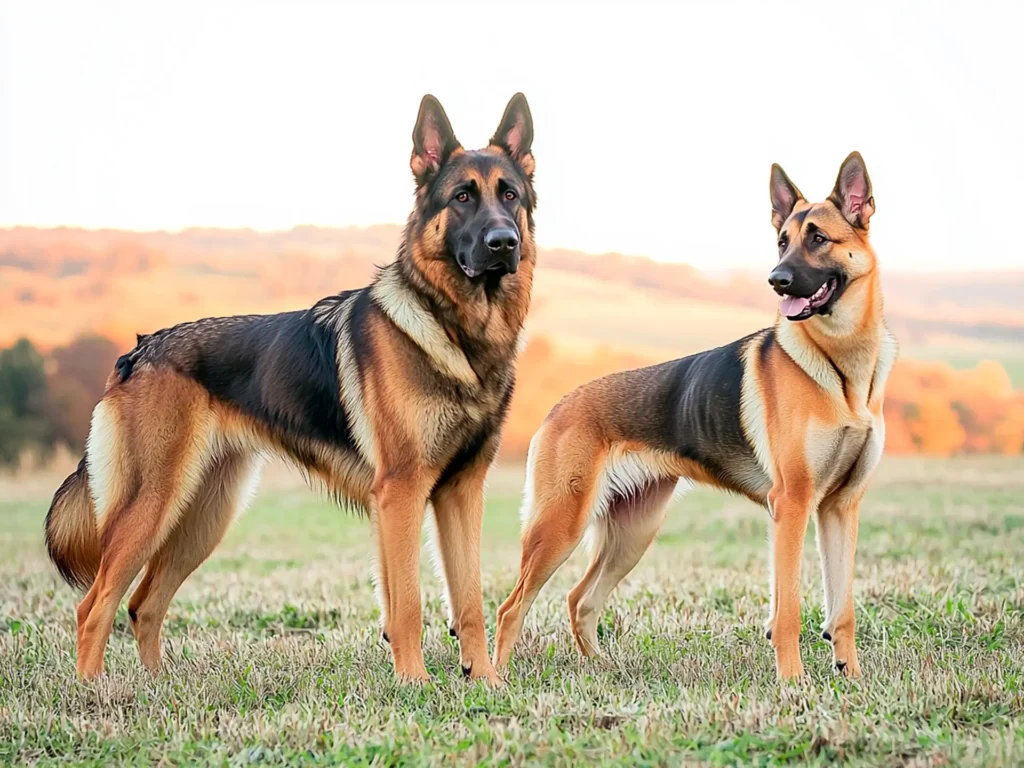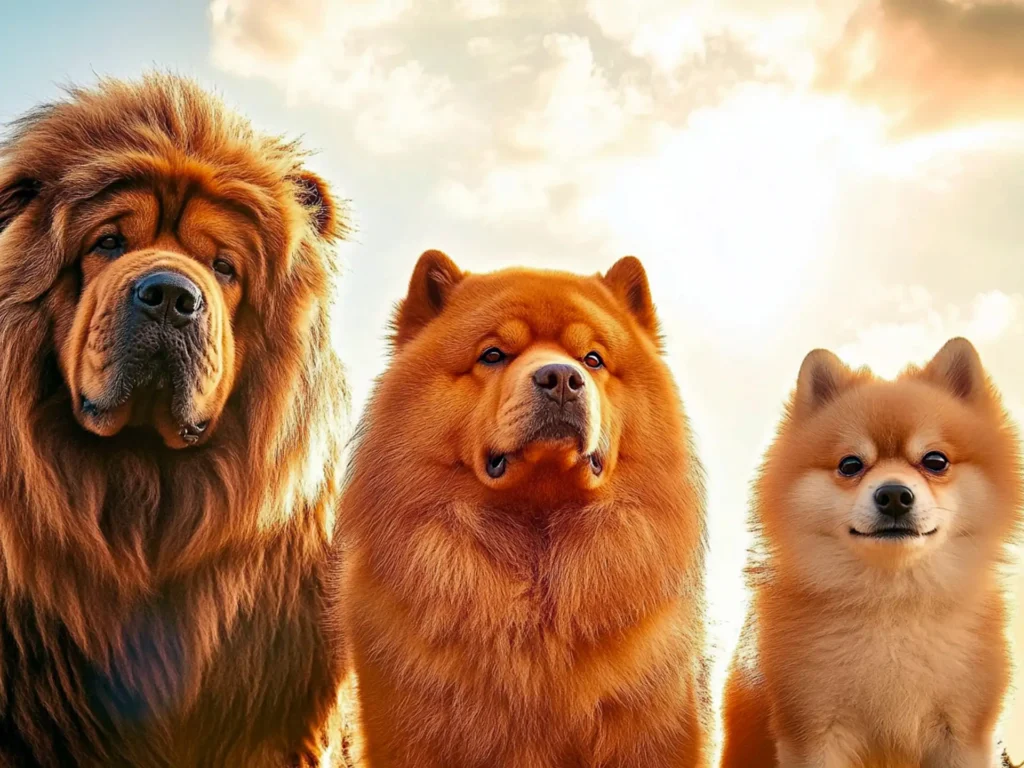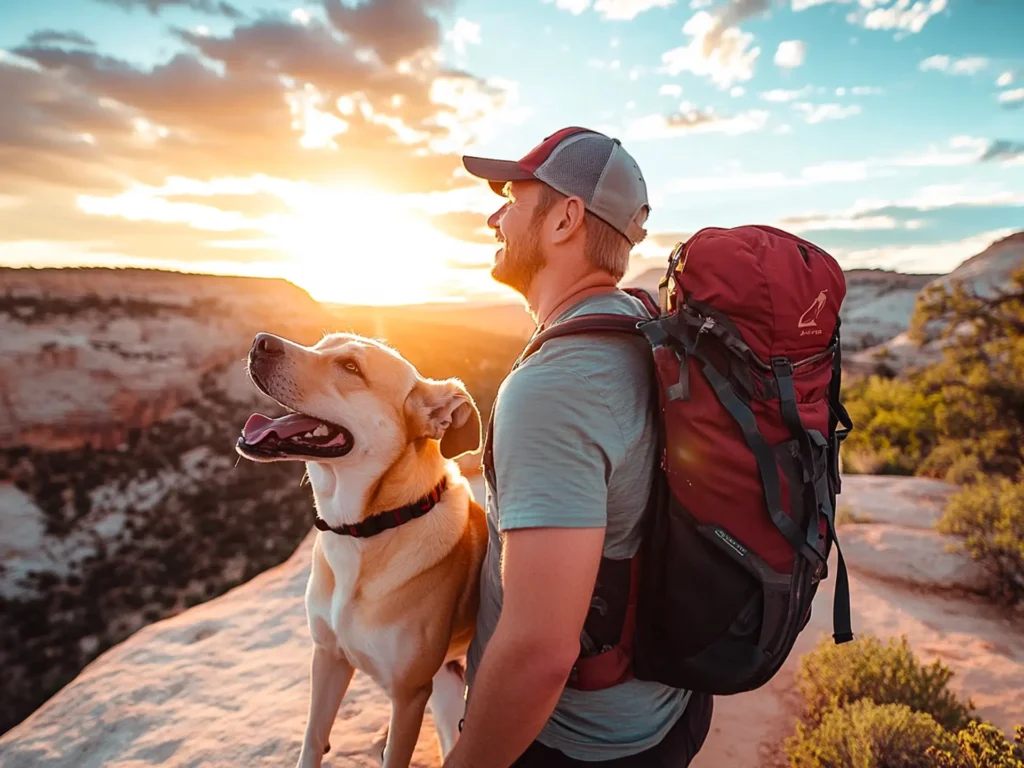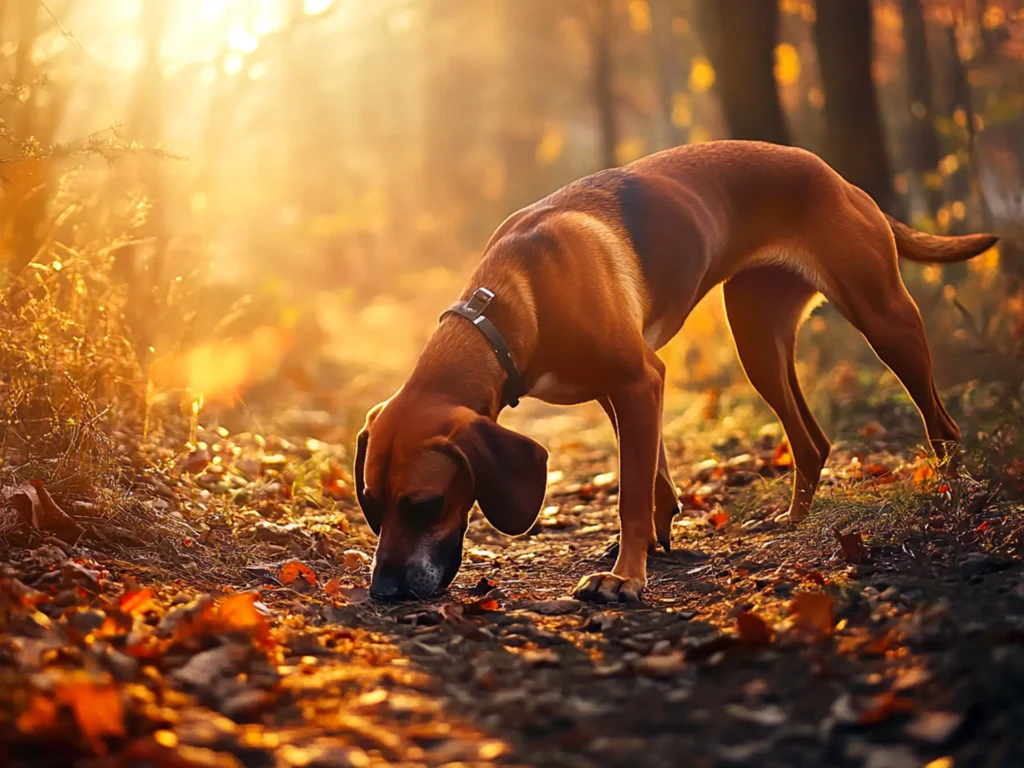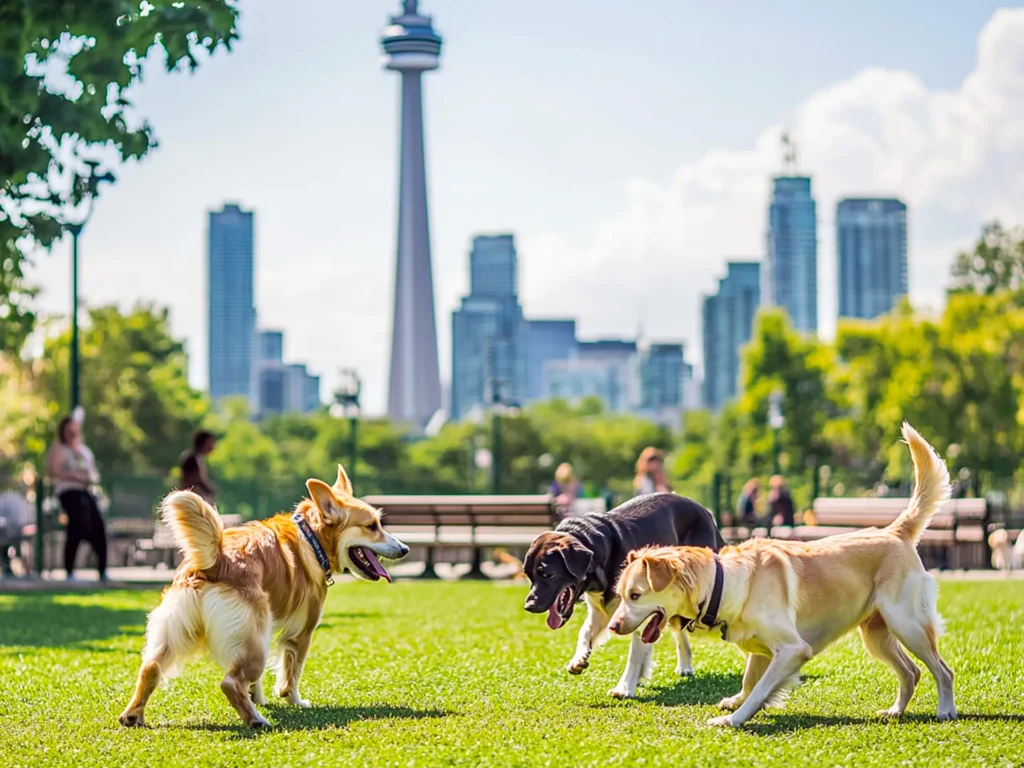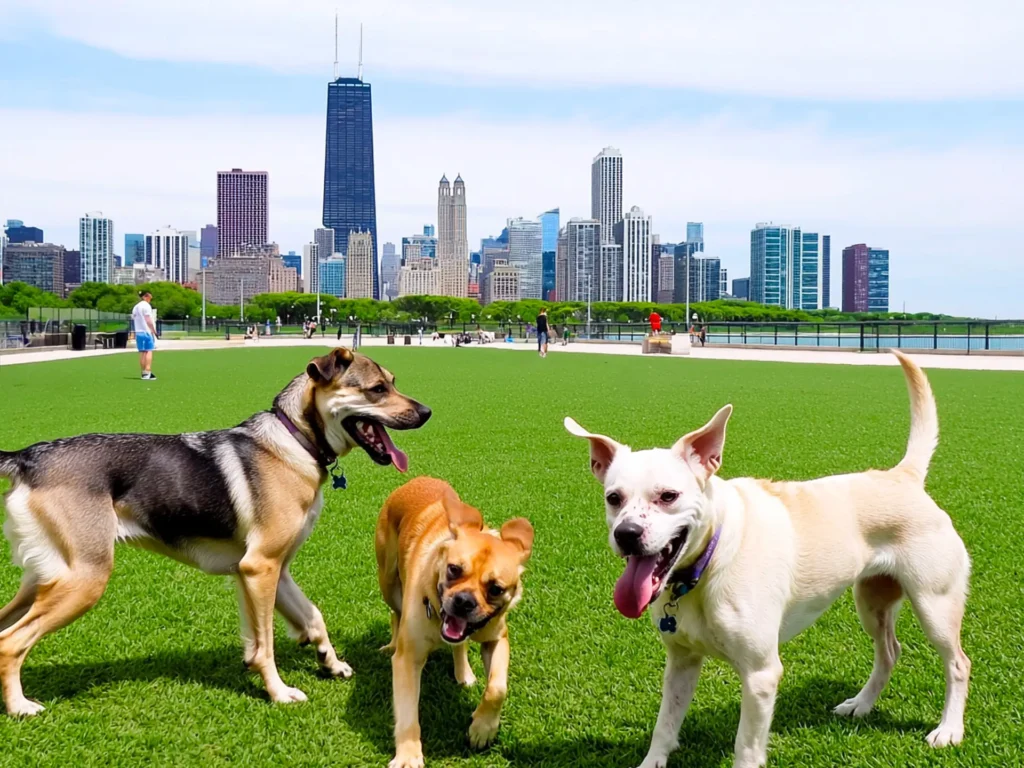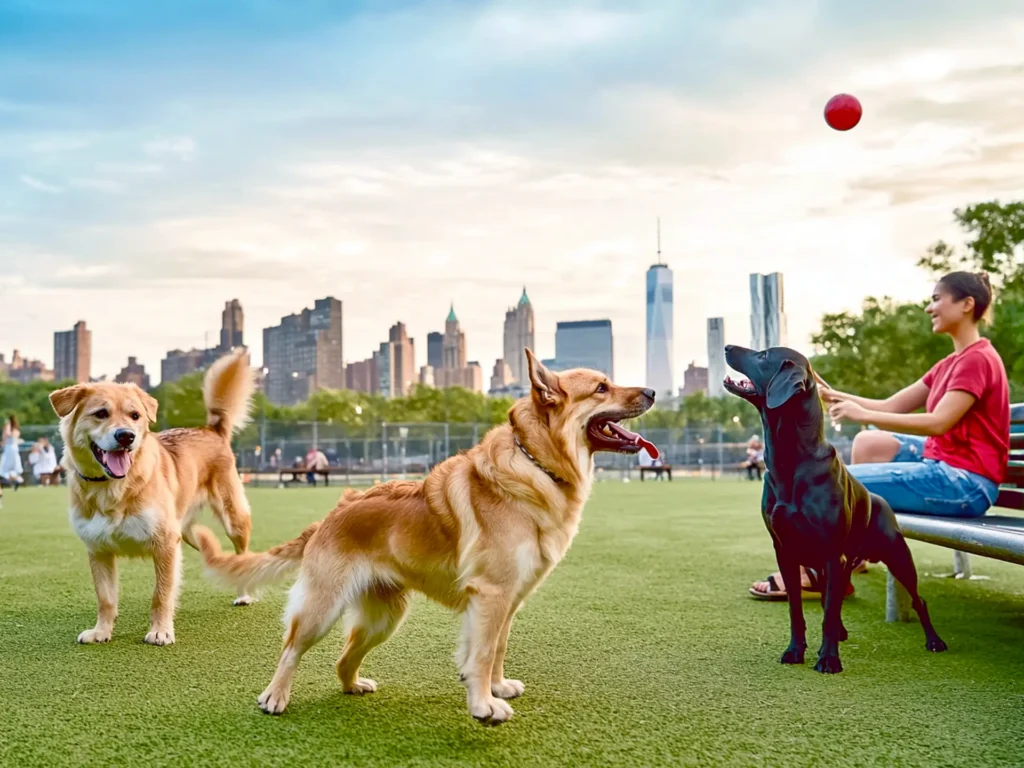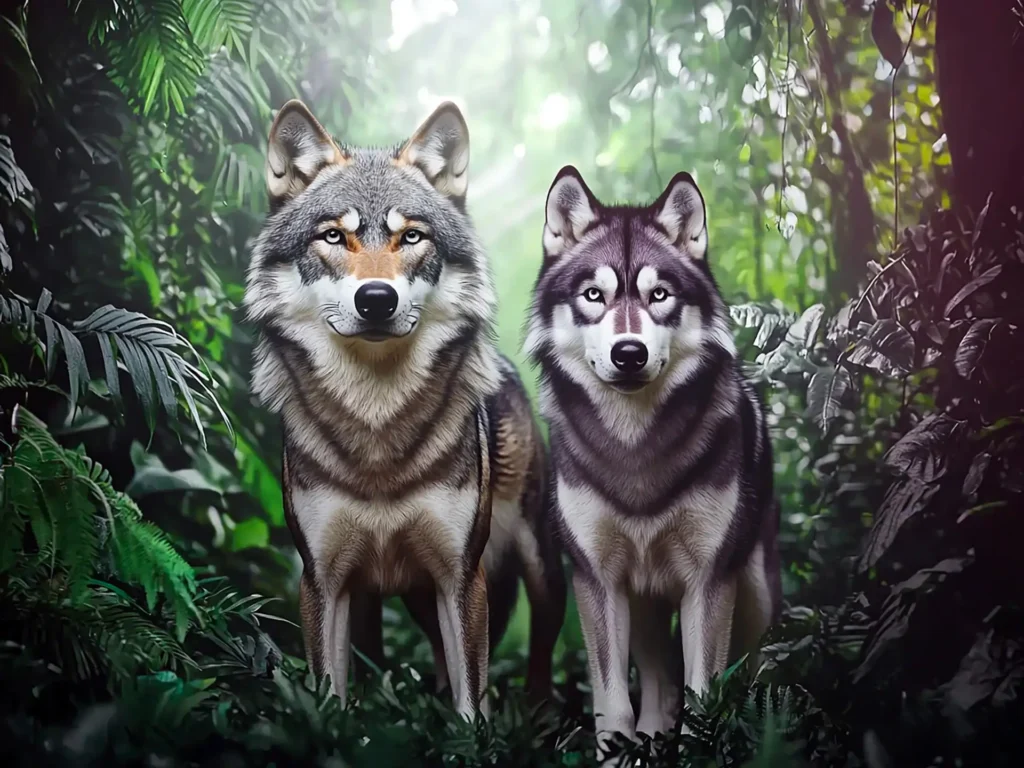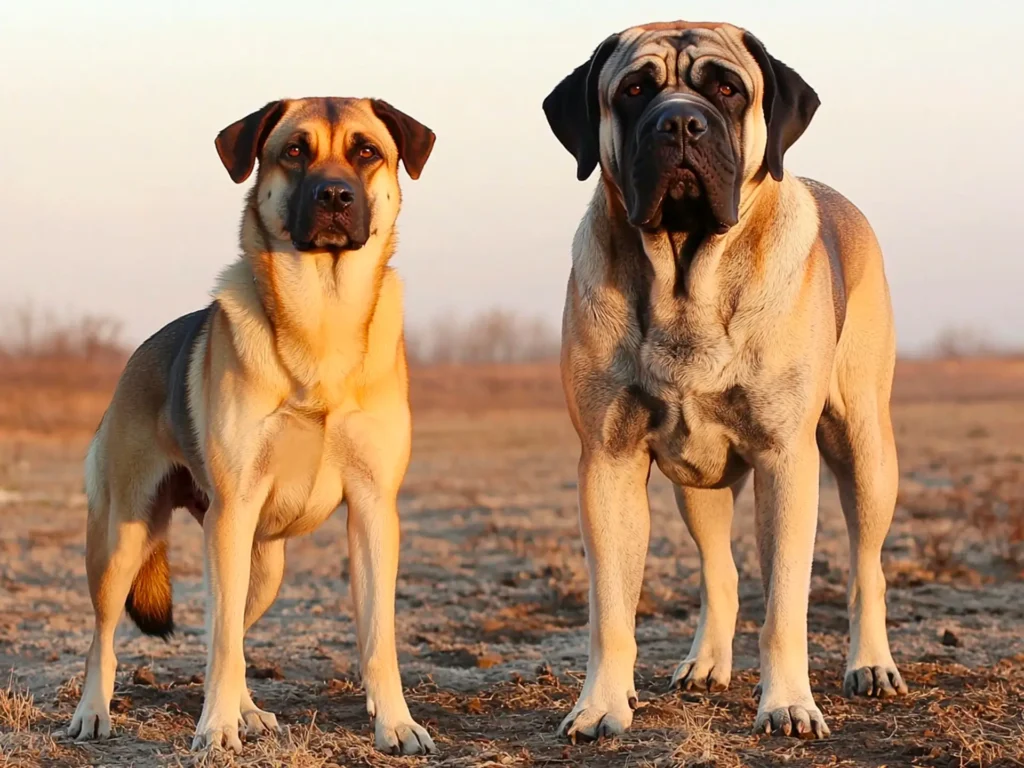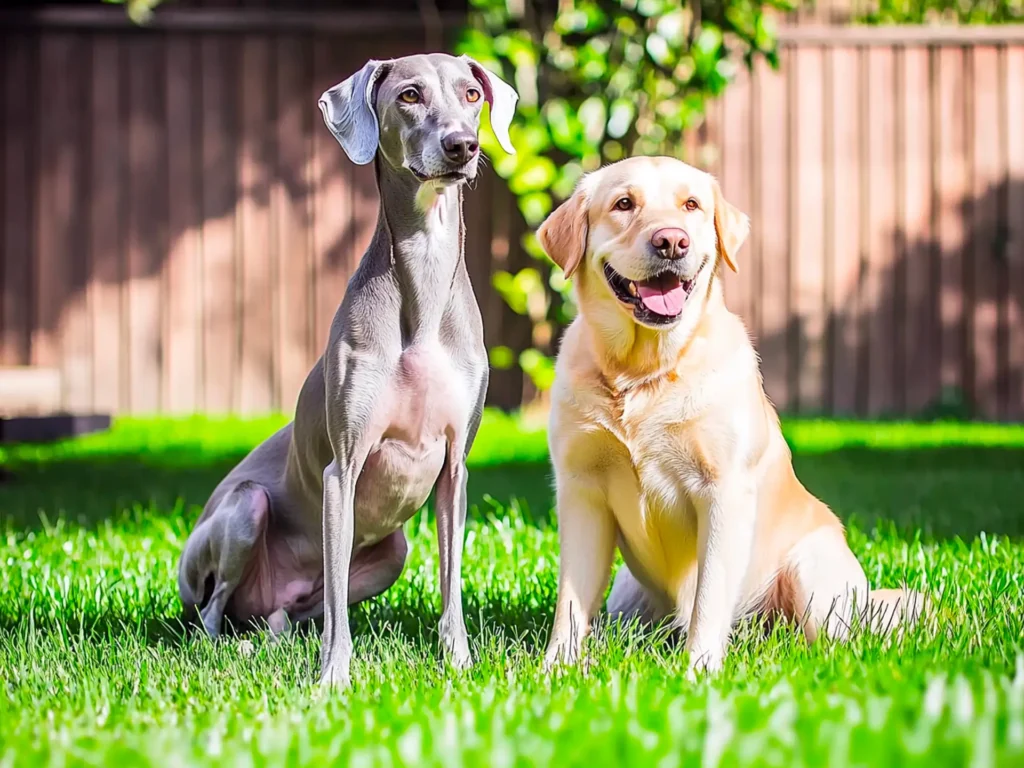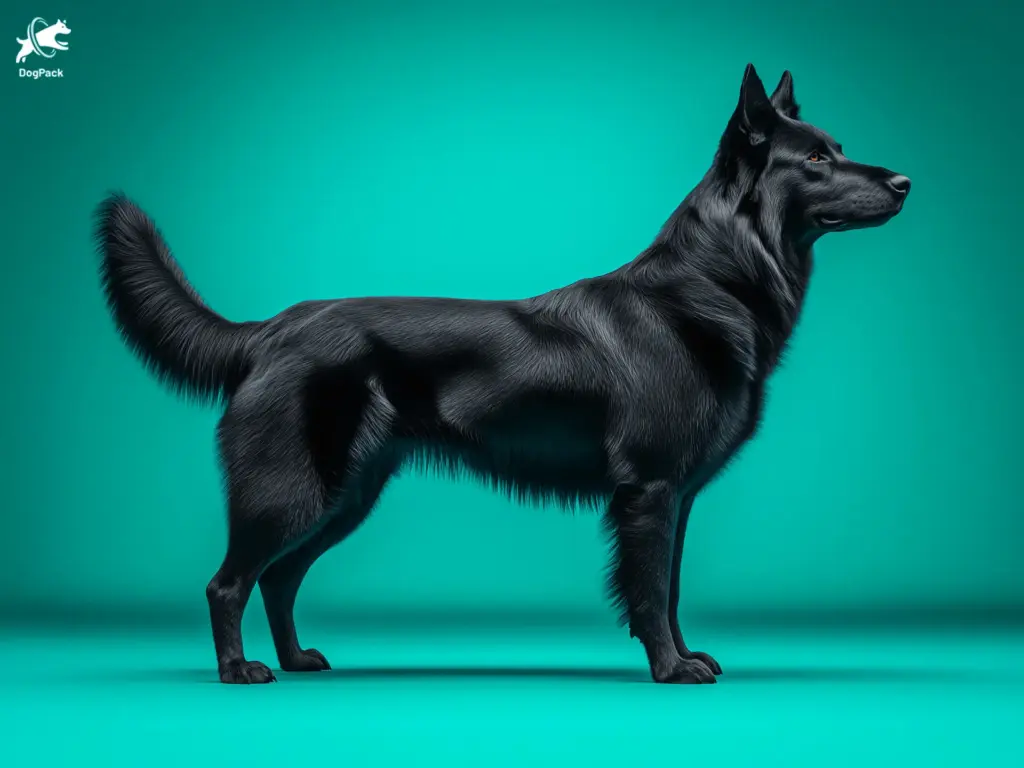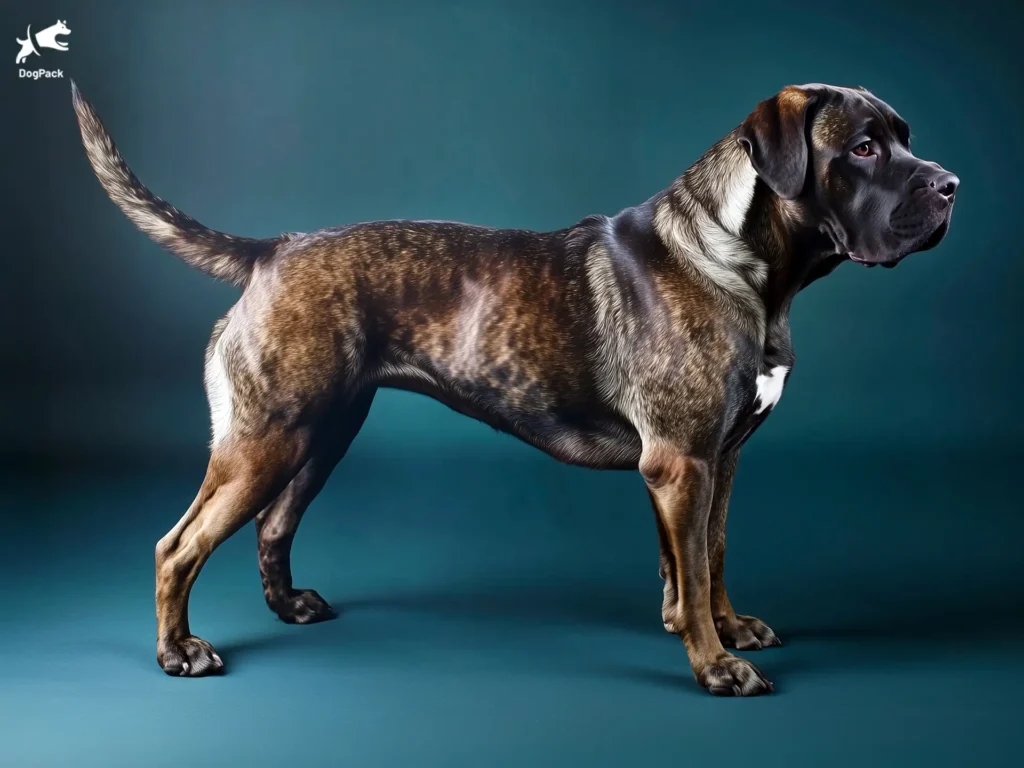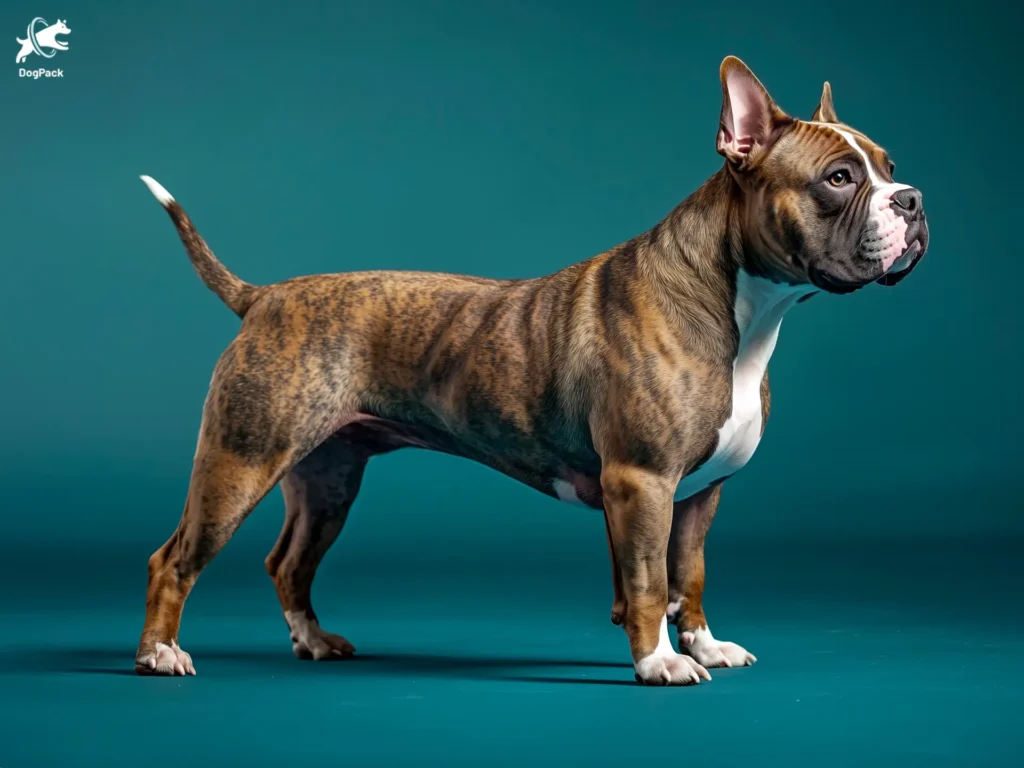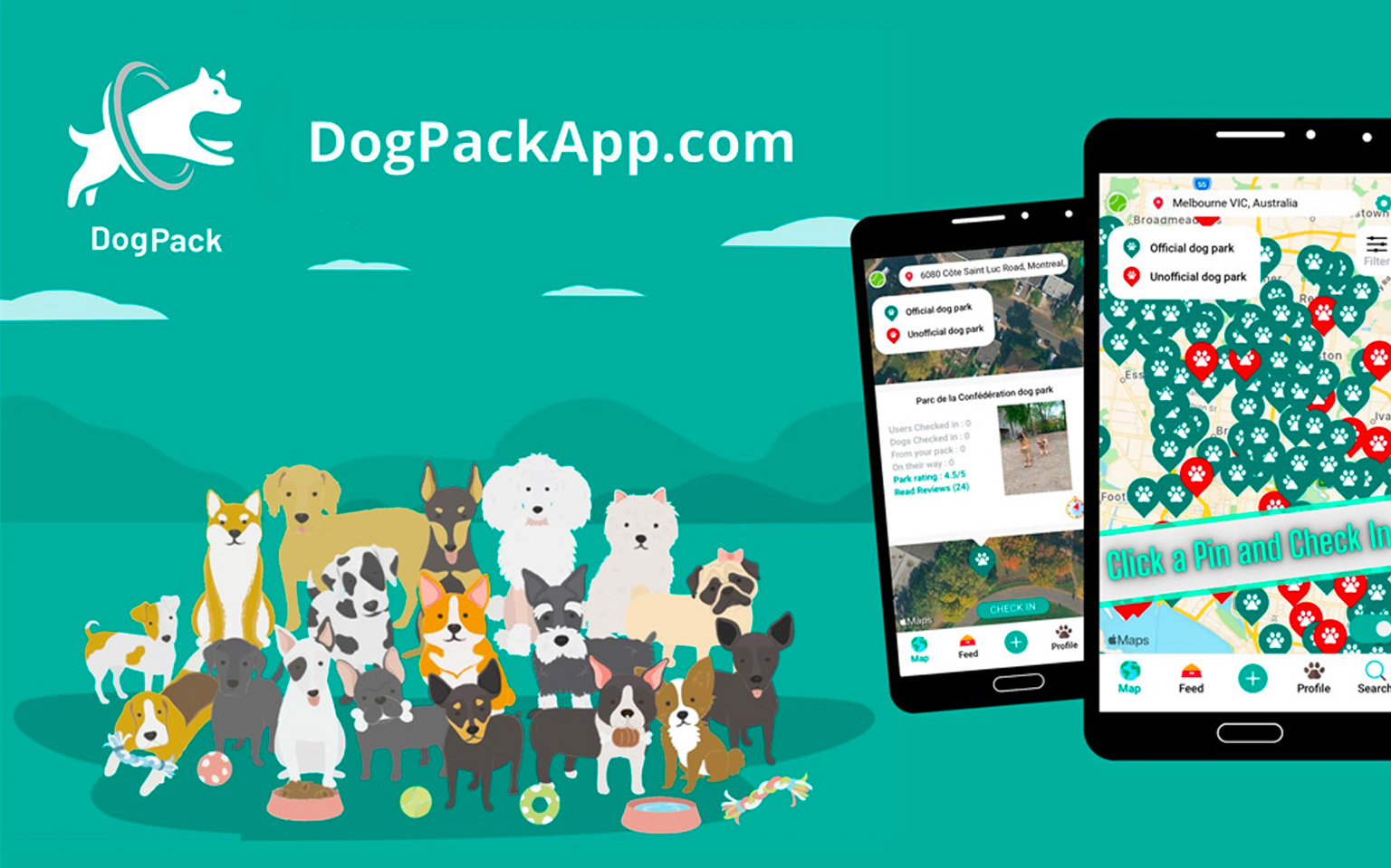DogPack’s Latest Blog posts
Get the DogPack App Today!
Connect. The Ultimate App for Dog Owners
Find dog-friendly parks, connect with local dog owners, and keep your pet safe—all in one place. With DogPack, explore the best places for your pup, share photos, and even help reunite lost dogs with their families.
Dog-Friendly Parks & Businesses
Dog Owners
in Our Community
Proudly Featured in:
Best Dog Breeds for First-Time Owners: A Newbie’s Guide to Finding the Perfect Pup
So, you’ve decided to bring a dog into your life for the very first time—congratulations! As thrilling as it is to picture morning cuddles and wagging tails,…
10 Stunning Dog Breeds That Look Like German Shepherds
Looking for a strong, loyal dog with the hallmark traits of the beloved German Shepherd—but curious if other breeds share that same striking appearance and versatile skill…
Dogs That Look Like Bears: Fluffy Breeds You’ll Love
Have you ever spotted a fluffy dog and wondered if it was actually a bear cub? There’s a remarkable allure to these plush-coated canines—some are massive guardians…
Dog-Friendly National Parks: Trails, Tips & Tails
Dreaming of a nature-filled escape but can’t imagine leaving your dog at home? Fantastic news: many national parks across the U.S. have become more welcoming to four-legged…
Hot Weather Dog Breeds: Your In-Depth Guide to Keeping Dogs Cool
Choosing the right dog for your lifestyle involves many factors, including size, temperament, and grooming needs. But if you live in a warm or tropical climate, one…
Dogs with Best Sense of Smell: The Ultimate Guide
Welcome, fellow dog enthusiasts! If you’re here, you’re likely interested in learning all about dogs with the best sense of smell. As an avid dog owner and…

Most Popular Posts
Featured Dog Breeds
East European Shepherd (Vostochno Evropeiskaya Ovcharka) – VEO
The East European Shepherd is a brave and loyal breed with sharp intelligence and protective…
Mastador
The Mastador, a mix of Mastiff and Labrador Retriever, is a loyal, protective breed with…
American Bully
The American Bully is a strong, affectionate breed with a heart of loyalty. Discover what…

